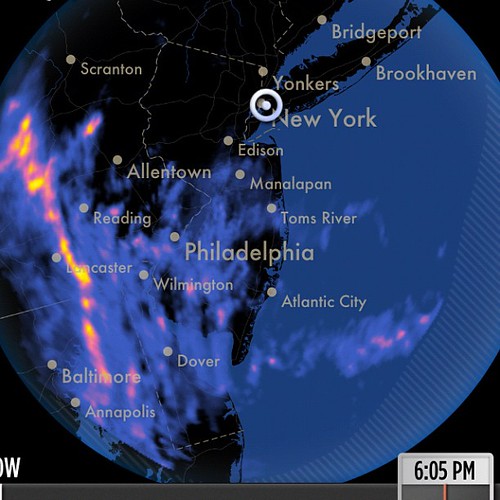In other words, as long as there is volatility in the market, there is scope to exploit that movement. Traditionally this has been an expensive - perhaps prohibitively expensive - way to invest in a bear market. For all but the best resourced investors, selling in a falling market, only to buy back in at a lower price, is fraught with risk. At the same time, for those of more limited means, it can quickly pile up fees and commissions. It’s much easier - and safer - to just hunker down, let the storm blow over and let someone else deal with the risk.
Taking a step back
But once you start to take a step back from the market and deal in derivatives, things get a whole lot more exciting. By simply riding on the back of market moves and using a specialist financial spread betting firm such as Tradefair it is possible to:
- Capture value from a falling market and
- Avoid costly commissions, fees and taxes to maximise that return.
This is not to say that Tradefair betting is risk free - it most certainly is not. But having made the calculation as to the direction of market travel, it is a sure fire-way to capitalise on a correct assessment of a downturn. Risk is the corollary to an investment return, after all.
A further advantage of such a derivative-based investment vehicle is that a potential loss can be mitigated extremely quickly. Investors are connected directly to the market by a sophisticated highly user-friendly range of software applications. It means they have live control over their exposure. There is no delay in enacting a trade.
More reassuringly, the software offered by all the major providers allows the pre-selection of a range of stop options - positive and negative - that effectively automate an exit at a predetermined point.
Simple enactment
The mechanics of a Financial Spread bet are strikingly simple. They have been known in the City as ‘contracts for difference’ for a long time. How it works is that an investor, once he has selected a market, an index or a stock that he wants to take a position on, then determines which direction he thinks that market price is likely to move - either up or down.
Once he has made that decision, the investor then places a bet to the value of his choosing. But this is not an ordinary bet in the sense of the word. Rather than a simple win-draw-lose equation, the investor’s stake is now tied to the level of the market. For every point the market moves, the winning investor will win a multiple of his stake.
There is what amounts to a bid/offer spread built into the calculation, so the stock will have to move by a predetermined amount before it starts to accumulate those multiples. But this is only ever a couple of points either way. It is on this basis that no commissions or fees are levied. The ‘spread’ thus balances the market makers’ own exposure to winning bets.
The standard logic is that falling markets are bad news. That may be true for those who invest directly in such mechanisms, but for those who are brave enough to operate on the sidelines the derivative-based nature of financial spread betting means that a falling market can be every bit as profitable as one on the up. All it takes is the right insight and the courage of your convictions.



